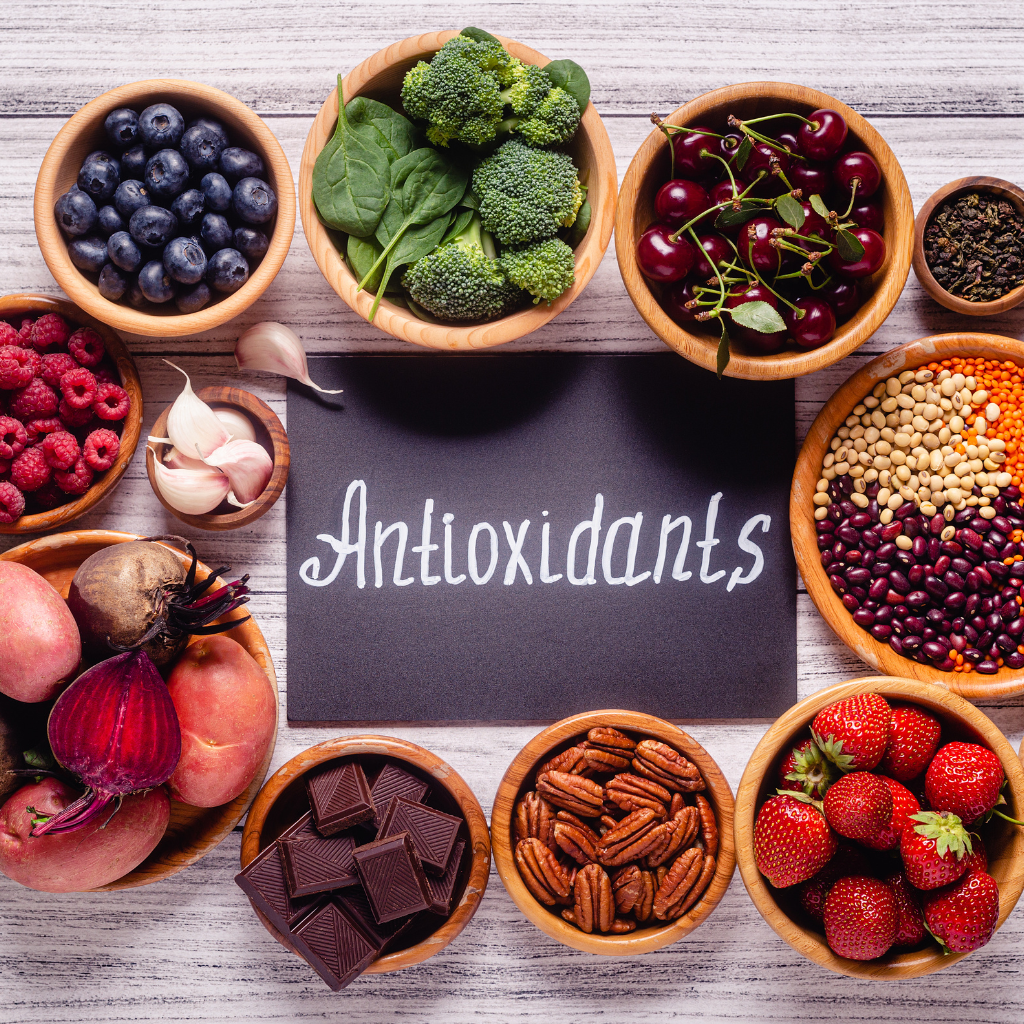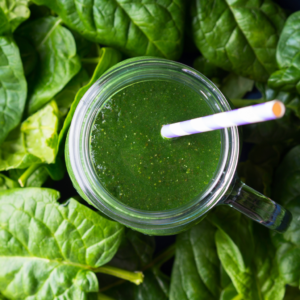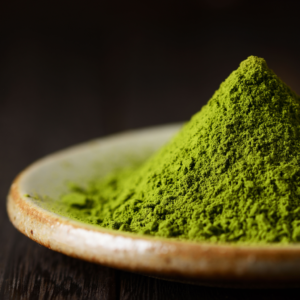What Are Antioxidants...
…And What They Do
Antioxidants are a group of compounds that are found naturally in many foods and have been shown to have numerous health benefits. They are compounds that can prevent or slow damage to cells caused by free radicals, which are unstable molecules that can damage cells and contribute to the development of various diseases.
Free radicals are produced naturally in the body as a byproduct of metabolism, but they can also be generated by exposure to environmental factors such as pollution, radiation, and tobacco smoke. These free radicals can damage cells by stealing electrons from molecules in the body, causing oxidative stress.
Oxidative stress can lead to various health problems, including heart disease, cancer, and Alzheimer’s disease. Antioxidants work by neutralizing free radicals, thus preventing them from causing damage to cells and reducing the risk of these health problems.
There are many different types of antioxidants (also known as free radical scavenger), and they can be found in a variety of foods. Some of the most well-known antioxidants include vitamin C, vitamin E, beta-carotene, and selenium. These nutrients are found in many fruits and vegetables, such as berries, citrus fruits, leafy greens, and carrots.
Other sources of free radical scavengers include herbs and spices such as turmeric, cinnamon, and ginger, as well as nuts and seeds like almonds and sunflower seeds. Some types of fish and seafood, such as salmon and oysters, also contain high levels of antioxidants.
In addition to their ability to neutralize free radicals, these scavengers have been shown to have a variety of other health benefits. For example, some studies have suggested that antioxidants can help lower the risk of heart disease by reducing inflammation and improving blood flow.
Antioxidants may also help to protect against certain types of cancer. Some research has shown that diets high in antioxidants may help to reduce the risk of cancer by preventing DNA damage and slowing the growth of cancer cells.
They may also play a role in reducing the risk of neurodegenerative diseases such as Alzheimer’s disease. Some studies have suggested that diets high in antioxidants may help to reduce the risk of cognitive decline by protecting brain cells from oxidative stress.
While antioxidants are found in many foods, it can be difficult to consume enough of them through diet alone. In some cases, supplements may be necessary to ensure that the body is getting enough antioxidants.
However, it is important to note that taking high doses of certain antioxidant supplements may be harmful. For example, high doses of vitamin E supplements have been associated with an increased risk of bleeding and other health problems.
These free radical scavengers are a group of compounds that can help to prevent or slow damage to cells caused by free radicals. They are found in a variety of foods, including fruits, vegetables, nuts, and seeds. Antioxidants have been shown to have numerous health benefits, including reducing the risk of heart disease, cancer, and neurodegenerative diseases. While it can be difficult to consume enough antioxidants through diet alone, supplements may be helpful in some cases. However, it is important to talk to a healthcare provider before starting any supplement regimen.







